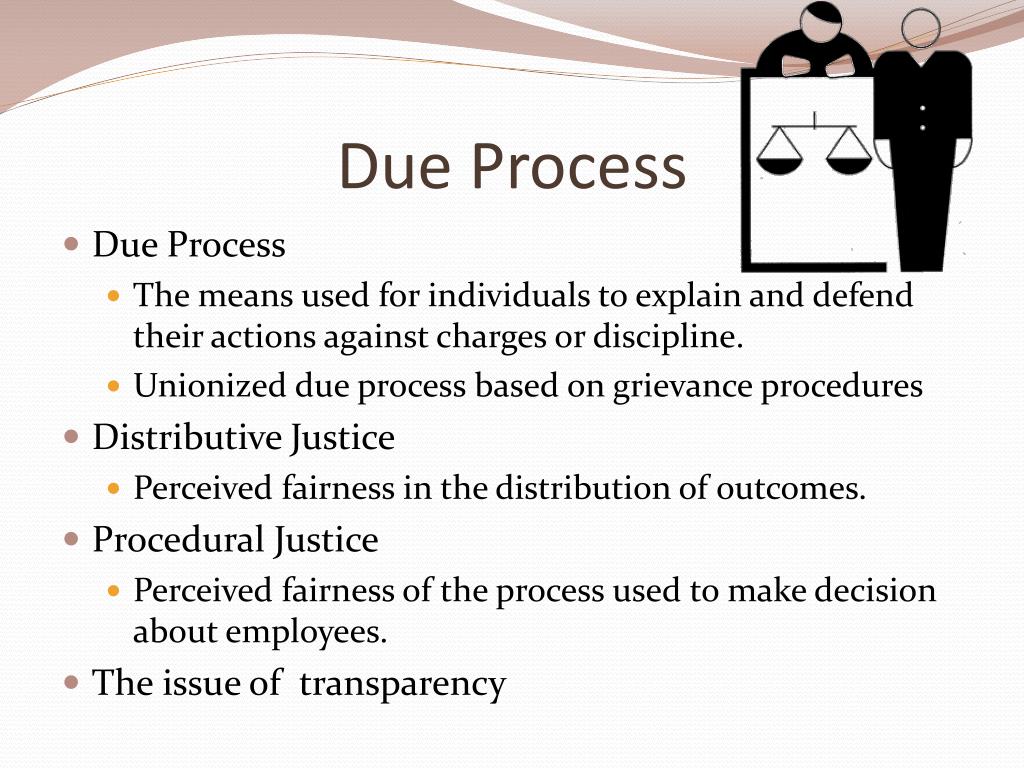


DUE PROCESS TRIAL
If a suspect invokes their rights, the police must immediately stop all questioning.Īt the trial level, the right against compelled self-incrimination means that defendants may not be forced to testify.

by physically remaining silent and refusing to answer questions, or.Suspects may invoke their right to remain silent in one of two ways: When suspects are given Miranda warnings, they can either waive their rights by answering questions or invoke their rights under the 5th amendment. “Interrogation” means any statement by the police that is likely to elicit an incriminating statement.If the answer is no, then the suspect was “in custody.” Courts apply an objective standard, asking whether an average person under the circumstances would feel free to leave. “Custody” usually means the suspect has been arrested, although there are instances when the Supreme Court has found a suspect to be in police custody even though the person was not arrested or even handcuffed.Thus, a person in police custody may refuse to answer any questions relating to the crime that he or she is suspected of committing.Īn extensive line of Supreme Court cases addresses what “custody” and “interrogation” mean: The Supreme Court has ruled that this applies not only to the trial but also police interrogations. No person accused of a crime may be compelled to be a witness against himself or herself. Although the amendment contains several provisions, four elements protect a person accused of a crime: the right against compelled self-incrimination, the right to a grand jury, the right of protection against double jeopardy and the right to due process. The principles contained in the 5th Amendment are vital to a person accused of a crime.


 0 kommentar(er)
0 kommentar(er)
